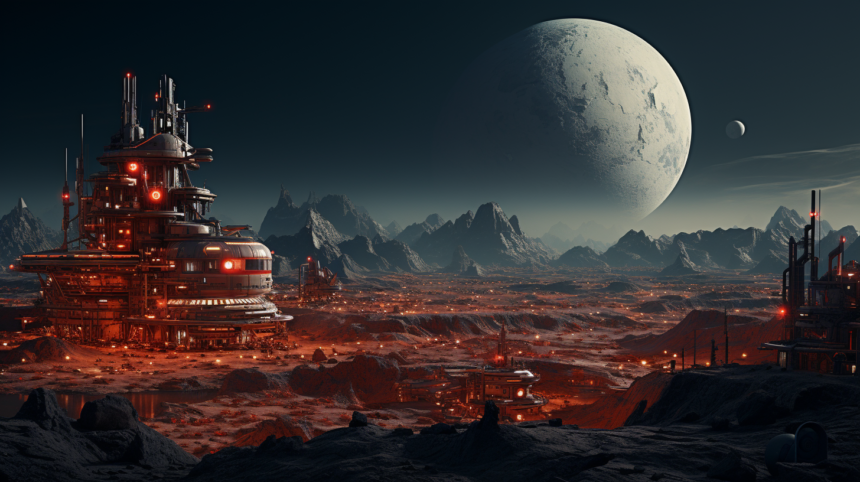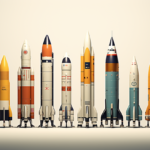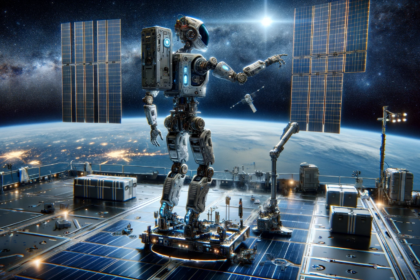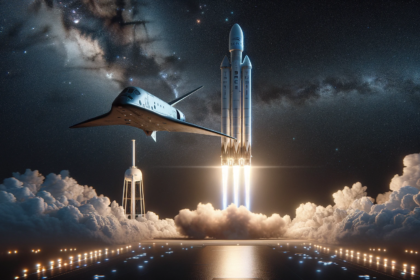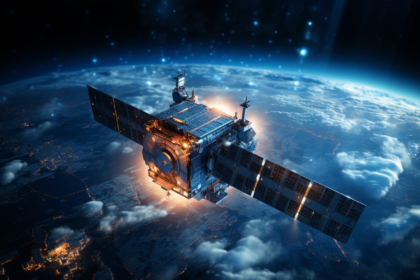For millennia, the fantasy of populating Mars has promised a multi-planetary future and spectacular scientific discoveries. As Mars colonization becomes a reality, we must analyze the accomplishments achieved and the enormous challenges ahead. We explore the extraordinary trip to Mars, the hurdles of inhabiting the Red Planet, and the technological innovations that propel us forward. It also addresses sustainability, international cooperation, and humanity’s limitless possibilities from Mars colonization.
The Journey To Mars
The trip to Mars is the result of millennia of human curiosity and tireless exploration. Exploration and deep Red Planet questions drive it. Numerous Mars missions have revealed the planet’s geology, temperature, and life potential. These expeditions led to more ambitious projects, including human missions.
NASA’s Artemis program seeks to return people to the Moon, a step toward Mars. Astronauts would test Mars colonization technology on the moon in the projected timescale. To ensure we reach Mars with the knowledge, experience, and creativity we need, this strategic approach is crucial.
Challenges Of Colonizing Mars
Colonizing Mars is unique, but it isn’t easy. These challenges include Mars’ nature and logistical and technological issues. The route to Mars requires creative ideas and a profound grasp of the Martian environment. The hostile Martian climate is a significant obstacle. With its thin atmosphere, dust storms, and severe temperatures, Mars is a harsh environment.
Evenings may drop to -195 degrees Fahrenheit (-125 degrees Celsius), while days can reach -80 degrees Fahrenheit (-62 degrees Celsius). Humans face significant radiation challenges in the planet’s thin carbon dioxide atmosphere. This requires improved homes that protect colonists from severe circumstances and dependable life support systems to provide air and water.
Mars receives cosmic and solar radiation. Mars has no worldwide magnetic field to defend it from this hazardous radiation, unlike Earth. Prolonged radiation exposure may harm people. This problem demands revolutionary radiation shielding and propulsion methods to reduce distant space travel and Mars life dangers.
Psychological issues are another major Mars colonization obstacle. Mars mission isolation and distance from Earth may have a significant influence on colonists’ mental health. Mars residents’ emotional and psychological needs must be met throughout their lengthy stay on the Red Planet.
Progress in science, technology, and international cooperation is helping colonize Mars. As we work toward establishing a human presence on Mars, we’re tackling these problems and discovering new scientific discoveries and innovations that will change space exploration.
Technological Advances
The race to inhabit Mars is tied to technical developments that are straining space exploration limits. These advances, including cutting-edge spacecraft and propulsion technologies, make Mars travel viable and realistic.
Mars-bound spacecraft include several novel characteristics. From surviving space radiation to supporting the crew, these spacecraft are built for interplanetary travel. NASA created the Orion spacecraft for deep space missions. Orion provides safe, comfortable transit to Mars and Earth for astronauts.
Spacecraft’s Mars propulsion systems are also innovative. NASA’s SLS is a powerful launch vehicle for crewed missions beyond low Earth orbit. It’s crucial for sending humans to Mars. The invention and refining of these propulsion systems demonstrate human creativity and devotion to Mars.
Life support systems and home design are crucial to Mars colonists’ safety. From recycling air and water to creating an Earth-like ecosystem, these systems do it all. Advanced technologies are needed to manage life support systems, optimize resource use, and mitigate Martian difficulties.
Artificial intelligence (AI) and robots are crucial to Mars colonization. Construction, maintenance, and scientific investigation benefit from autonomous robots. AI helps manage complicated systems, monitor equipment, and solve real-time problems, particularly when Earth contact is delayed.
These technical developments form the foundation of Mars colonization. They enable the travel to Mars and give the instruments for a viable human presence there. As we progress with these technologies, Mars colonization becomes more likely, signalling a turning point in space exploration.
Sustainability And Resource Utilization
Long-term Mars colonization requires sustainability. Creating a self-sustaining ecosystem on Mars is the objective, not only survival. ISRU will revolutionize. This technique includes mining Mars’ regolith and atmosphere for water, oxygen, and hydrogen.
ISRU fosters self-sufficiency and long-term survival by decreasing Earth replenishment trips. Terraforming, albeit challenging, might eventually make Mars more like Earth. These sustainability programs envision a future where people live, work, and explore Mars.
International Collaboration
No country can colonize Mars alone. This global goal requires extraordinary international cooperation. Space organizations from different nations collaborate in Mars exploration, sharing resources, skills, and knowledge. Mars exploration will be governed by the Artemis Accords, which control space operations.
The treaties emphasize openness, peaceful collaboration, and prudent space exploration. As the trek to Mars progresses, a worldwide colonization effort is possible. Nations must collaborate to negotiate space travel’s complexity, share responsibilities and rewards, and ensure human space exploration on Mars and beyond.
The Future Of Mars Colonization
Mars colonization has limitless potential. It imagines a multi-planetary civilization with vibrant communities of scientists, engineers, and explorers on Mars. As mankind expands beyond the Moon and Mars, this vision spans the universe. Mars colonization has enormous implications for human space exploration. The method will influence future expeditions to other planets by providing information, experience, and technology. The human spirit of inquiry pushes the limits of possibility as we aim towards the universe, reminding us that our journey is far from done.
Conclusion
Mars colonization requires growth, obstacles, and a commitment to human enlargement. We must appreciate the journey’s complexity as we go to Mars and beyond. Mars colonization is crucial due to the Martian climate, technical advances, sustainability, international cooperation, and limitless future possibilities. The desire for discovery spans generations and leads us to a future when we can reach the stars.


